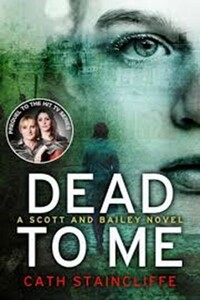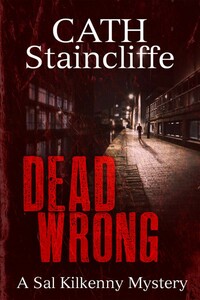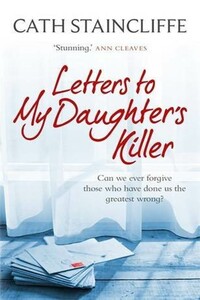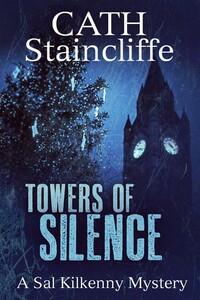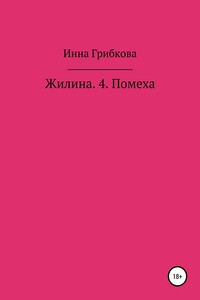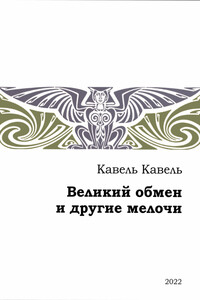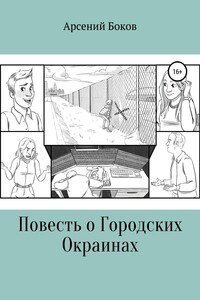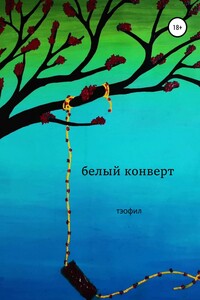Half the World Away | страница 64
He adjusts his glasses, then tugs at his shirt cuffs. ‘The authorities are committed to resolving the situation. Chengdu is a growing city, a hub of economic development, eager to welcome overseas partnerships, foreign visitors and workers. They bend over backwards to extend hospitality to the international community so they’re understandably concerned that Lorelei is missing.’
‘What publicity has there been here?’ Tom says.
Peter Dunne twists his cup to and fro. ‘The consulate has issued an appeal for information.’
‘Where?’ Tom says.
‘On our website, on the Chamber of Commerce site and on English-speaking networking sites.’
‘How do people know it’s there? They have to visit these sites?’ Tom says.
‘Yes.’
‘Can’t we get it on television – in the papers?’ Tom says.
‘I hope so. That’s one of the matters we’ll discuss today,’ Peter Dunne says. ‘It’s a sensitive time. The anniversary of the Tiananmen Square massacre is coming up – twenty-five years.’
My first encounter with Tom as I drummed up petition signatures and publicized our vigil. His prediction: ‘When the Chinese government have had enough, they’ll clear the lot of them out. Water cannon or whatever. None of this will make a bit of difference. Put money on it – the protest is quashed, the Commies carry on and you have a drink with me.’
‘You want me to bet on people’s lives? Talk about shallow.’
Then the horror unfolding. The tank man with his shopping bag. The ruthless slaughter.
Our first date.
‘So you’re saying we’re not free agents?’ Tom’s got his knees crossed and swings his foot. It reminds me of a cat waving its tail, a sign of mounting aggression.
‘I’d be lying if I told you otherwise,’ Peter Dunne says. ‘I’m a diplomat, and that’s what I’m here for, to make communication, co-operation, work as well as possible. I promise I’ll do everything I can to get the action we want from the PSB and the media.’
His phone beeps and he answers, speaks briefly in Chinese, then tells us the car is ready.
The air is almost solid, a thick, steamy heat, as we step outside and walk to where the car waits. The haze remains thick over everything. Inside, the big, black SUV is comfortable and pleasantly cool.
Peter Dunne sits up front with the driver and we are in the back. The journey is slow, erratic. Short bursts of speed are curtailed by sudden braking and long waits until we lurch forward again. A stop-go, stop-go, stop rhythm. The traffic is bumper-to-bumper and scooters and bikes weave in and out. There are lots of taxis, green saloons. We draw up beside one and I can see, painted on the bonnet, a picture of a panda clutching bamboo. The cab driver is shaving. We race away and then we’re flung forward when our driver hits the brakes to avoid a car cutting in from the left. A chorus of horns screams. My hands are gripped in my lap, my stomach tense – I’m not a great back-seat passenger at the best of times. An emergency siren starts up, a lazy chime that rises and falls as though someone had slowed down a British version to 33 revs per minute and channelled it through an ice-cream van.
